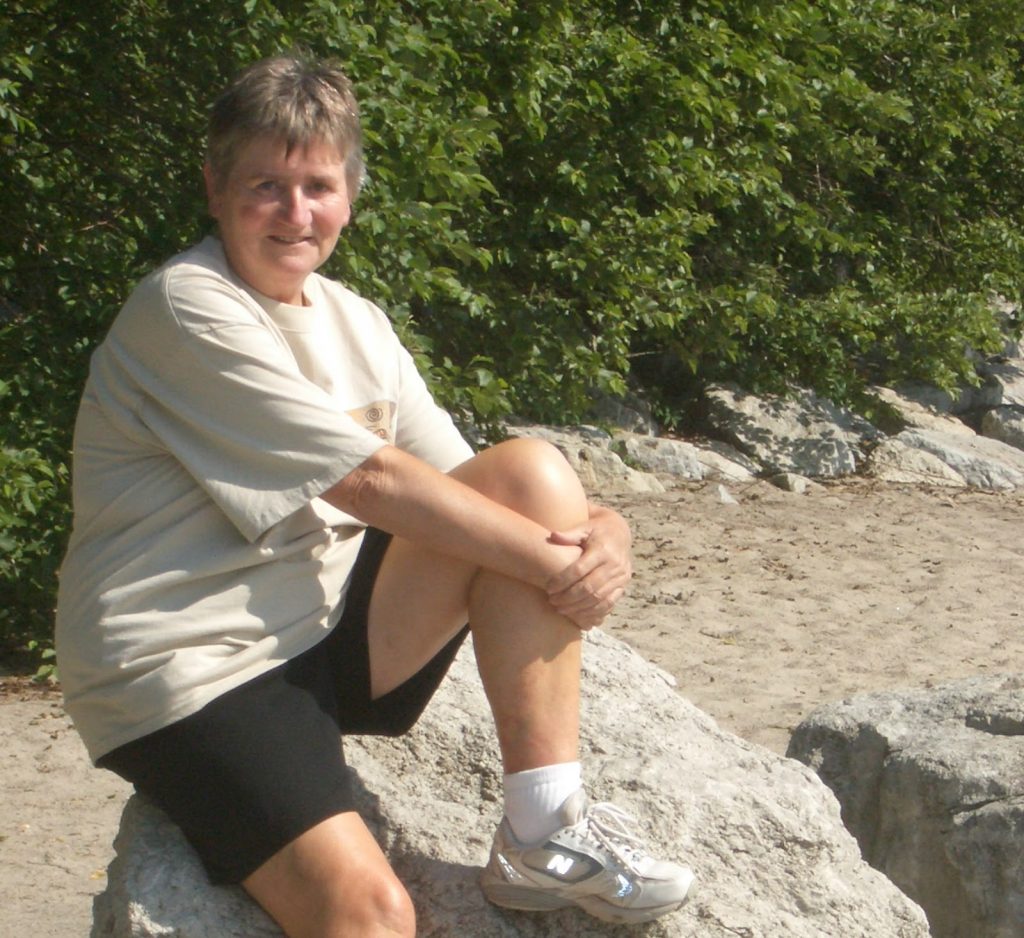is not so very common. I have rarely, in fact I think never, heard anyone
describe themselves as sweet, it seems to be an attribute solely bestowed by
others; and then, as I say, not with great frequency.
mother was sweet. I thought so, as did most of the people who knew her. I doubt
my dad agreed, but that’s another story. Family baggage skews perceptions. And surely
there has never existed anyone so sweet that they were thought to be so by
absolutely everyone. There are always exceptions. Mom was a teacher and
generally considered sweet by kids and parents alike. She taught in one room of
the local two room school. I doubt, these days, anyone seen as sweet would
survive long in most classrooms. Back then, she just rang a tiny bell and children
scuttled to their desks, where they sat silently, arms folded, awaiting orders.
Of course there were the trouble makers, but I think they were perhaps somewhat
disarmed by my mother’s character. Tricks and scheming and deviltry tend to wither on
the vine when faced with sweetness.
dad was probably not seen as sweet by the men he worked with, nor the local
farmers he occasionally chatted to and very occasionally drank with in the
local pub.
most certainly was not seen that way by Mom, peering around that family
baggage. But to me he was kind, and thoughtful, and caring. To me he was sweet.
mother-in-law was sweet. I thought so. Her grandchildren and
great-grandchildren thought so. My husband, her son and only child, did not
think so. More family baggage.
doubt too many people see me as sweet, though I would claim to have my moments.
was just one who consistently called me sweet, both directly to me and in
describing me to others: my oldest stepson, Gary. Now for a teenage boy, and
later a grown man, to describe the traditionally evil stepmother that way must
mean one of two things. Either he is delusional, which in Gary’s case is abundantly
plausible as he was a confirmed alcoholic, or she is one terrific stepmom, and
I’m going with the latter.
I can understand why I might have seemed sweet to him. He was, at the time he
entered my life, a confused and angry twelve-year-old with a drinking problem.
His mother, confirmed alcoholic herself, just encouraged his drinking. His
father simply went ballistic at Dale’s every delinquent act, which were legion. So that left me as
the sole parental influence who tried to talk calmly about his antics; to
understand, to see his view of the world. I failed, in the long run, to bring
about any major changes in Gary’s behavior. He died two years ago at the age of 55 when,
lounging naked in his hot tub with his wife after a day of heavy drinking, he
suffered a massive heart attack. I was, of course, heartbroken. But now time
has softened the hardest edges, I see perhaps it was not quite the tragedy it
seemed. To die instantly, naked in a hot tub with the one you love, drunk out
of your skull; that has to be one of the better ways to go.
sweetness is very much in the eye of the beholder. Maybe Eva Braun even thought
Hitler was sweet. Who knows? I believe we all have a streak of sweetness in us.
To some it appears bright and wide and solid. To others, pale and weak. Some
people perhaps strengthen it, while with others it diminishes or disappears. None
of us can be sweetness personified to all of the people all of the time.
difficult to measure its results. If I act towards someone in a negative or
positive way, I can generally have a pretty good idea of what the results will
be; how I’ve
made that person feel or act. But I don’t even know if or when I’m being perceived as sweet, so it’s almost impossible to know the effects. Most emotions I can, if
I try hard enough, maintain at least some control over; determine not to get
angry, to be patient. But I have never actively decided to be sweet. I would
not know how. But I do recognize sweetness when I see it in others, and I know
one thing. I sure hope that somehow, in this new world in which plain old
politeness and civility seem to be dying fast, we do not bury sweetness along
with them. We would be much poorer for the loss.
was born and raised in England. After graduation from college there, I moved to
the U.S. and, having discovered Colorado, never left. I have lived in the
Denver-Boulder area since 1965, working for 30 years at IBM. I married, raised
four stepchildren, then got divorced after finally, in my forties, accepting
myself as a lesbian. I have now been with my wonderful partner Betsy for 25
years.


